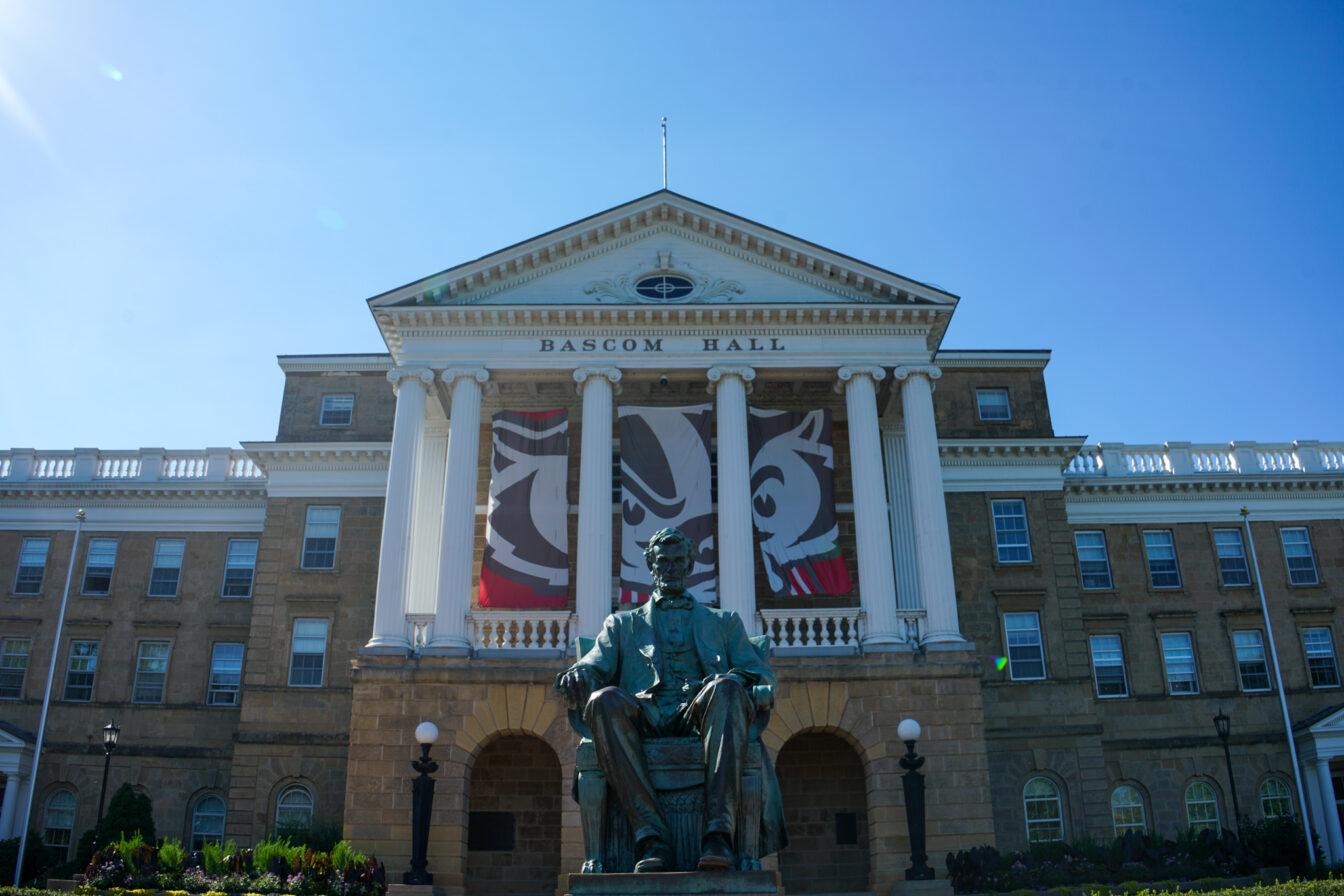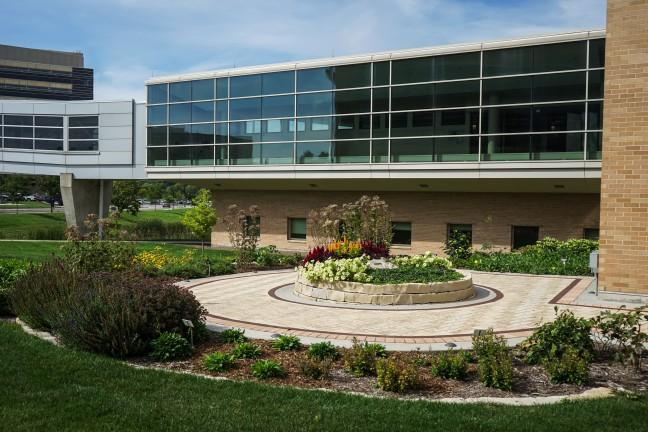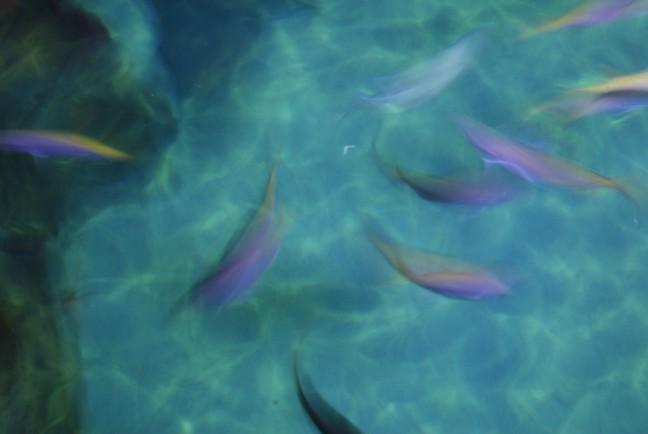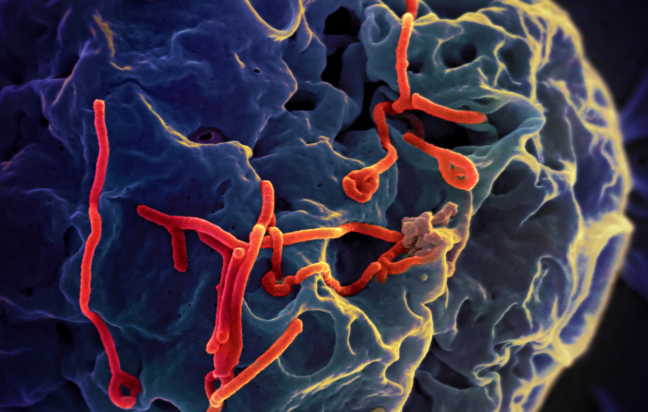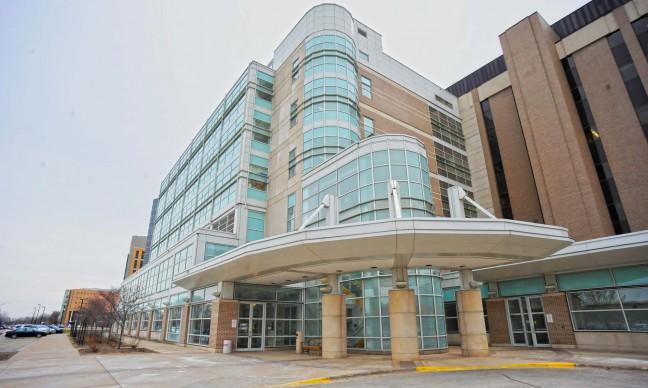Despite a University of Wisconsin researcher’s compliance in halting a potentially dangerous study on bird flu amid safety concerns, the professor publicly declared Wednesday his intention to continue with his research in the near future, arguing his work is pertinent and must be completed with urgency.
Virology professor Yoshihiro Kawaoka recently conducted research testing how transmissible the DNA combination of bird flu and swine flu can be, according to his commentary in the journal Nature.
Kawaoka and other scientists across the world have agreed to postpone their work for 60 days amid fears that their work could fall into the wrong hands and be misused.
Kawaoka wrote in his commentary that despite the momentary suspension, the research will ultimately be beneficial.
“As the risks of such research and its publication are debated by the community, I argue that we should pursue transmission studies of highly pathogenic avian influenza viruses with urgency,” Kawaoka wrote.
In his studies, Kawaoka combined genes from the bird flu and swine flu, and he infected ferrets with the virus. The virus spread between infected and non-infected ferrets, proving it can be transmitted between mammals. However, none of the ferrets were killed from the virus, according to Kawaoka’s commentary.
Kawaoka’s commentary also said a similar study conducted by researcher Ron Fouchier in the Netherlands resulted in the death of ferrets due to the virus.
UW spokesperson Terry Devitt said the 60-day delay came after safety concerns were raised by the U.S. National Science Advisory Board for Biosecurity, an advisory panel appointed to provide non-binding recommendations to the National Institute of Health.
Devitt said the scientific community responded to those concerns.
“The community of people who work with avian influenza has decided that a pause is in order to assess how they should proceed in terms of conducting research and sharing information,” Devitt said.
Devitt added that Nature journal has yet to publish Kawaoka’s work, as they wait for safety discussions to play out.
In his commentary, Kawaoka expressed his belief that his work with avian influenza will have repercussions for future potential pandemics in his commentary.
“The new work has implications for pandemic preparedness,” Kawaoka wrote. “There is an urgent need to expand development, production and distribution of vaccines against H5 viruses and to stockpile antiviral compounds.”








